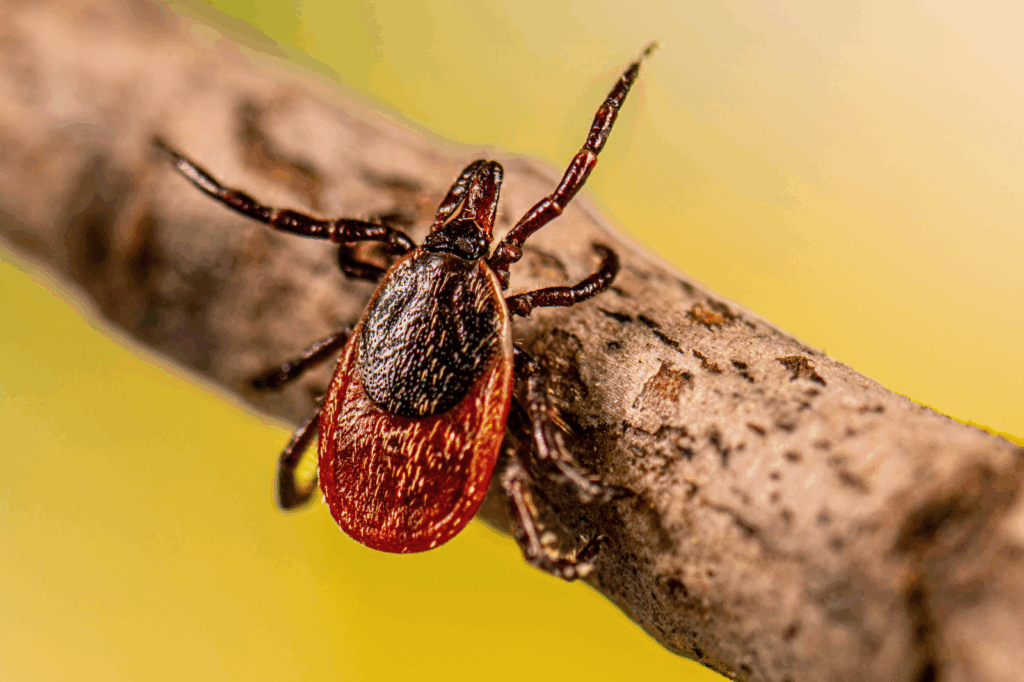
BAYFIELD COUNTY — A resident of northern Wisconsin has tragically succumbed to the Powassan virus, a rare tick-borne illness, marking a significant health concern in the region.
Immediate Impact
The Bayfield County Health Department confirmed that the individual passed away in early June due to complications from the Powassan virus. This incident is part of a concerning trend, as the state’s Department of Health Services (DHS) reported that three people have contracted the virus in Wisconsin this year, all requiring hospitalization.
Key Details Emerge
The Powassan virus is transmitted by the blacklegged tick, commonly known as the deer tick. Symptoms can range from mild, such as fever and headache, to severe, including vomiting and generalized weakness. The DHS warns that the virus can escalate to more serious conditions like encephalitis and meningitis, which may lead to seizures, speech and movement issues, and paralysis.
Approximately 1 in 10 individuals with a severe Powassan virus infection die, and 50% of survivors experience long-term health problems, according to the Centers for Disease Control and Prevention (CDC).
By the Numbers
In recent years, cases of Powassan virus have been on the rise in both Minnesota and Wisconsin. Minnesota reported 14 cases in 2024, while Wisconsin documented 12 cases. The increase in cases is attributed to rising deer populations and more people residing near wooded areas where ticks are prevalent.
Background Context
The Powassan virus was first identified in Wisconsin in 2003. Since then, 67 cases have been recorded in the state, predominantly in the northern regions. The virus is primarily spread when ticks feed on infected animals such as skunks, groundhogs, squirrels, and mice. However, the exact source remains undetermined, and ticks can also be born with the virus.
Expert Analysis
Health experts emphasize the importance of preventive measures, as there is currently no treatment or vaccine for the Powassan virus. The DHS advises using tick repellent, conducting thorough tick checks, and avoiding areas where ticks are commonly found to reduce the risk of infection.
The DHS stated, “Risk factors for severe disease include having a compromised immune system, being a child, or being an older adult.”
Regional Implications
The rising number of cases poses a significant public health challenge in the region. The DHS has been actively issuing bulletins to healthcare providers and local health departments to raise awareness and enhance preparedness against this emerging threat.
What Comes Next
As the summer months continue, health officials are closely monitoring the situation and urging residents to remain vigilant. Public health campaigns and educational initiatives are expected to intensify to mitigate the impact of the Powassan virus in affected areas.
While the exact trajectory of the Powassan virus remains uncertain, the DHS and other health authorities are committed to safeguarding public health and preventing further fatalities.







